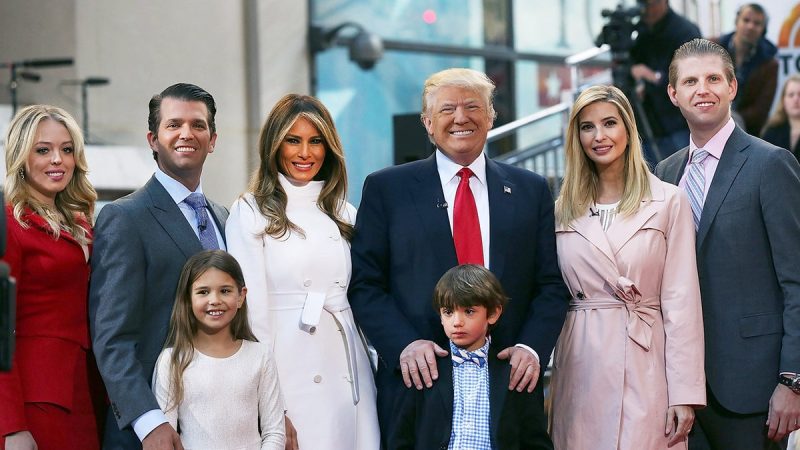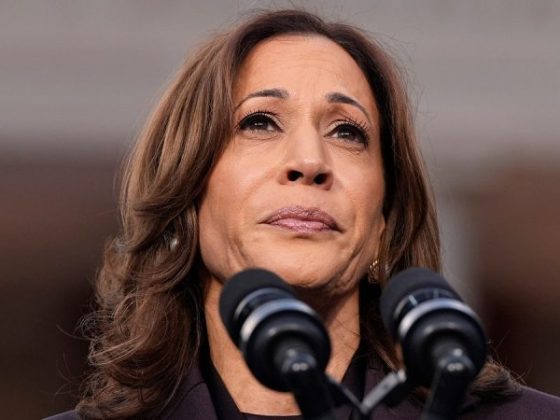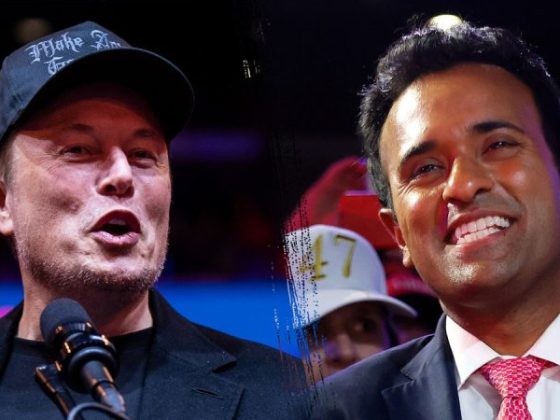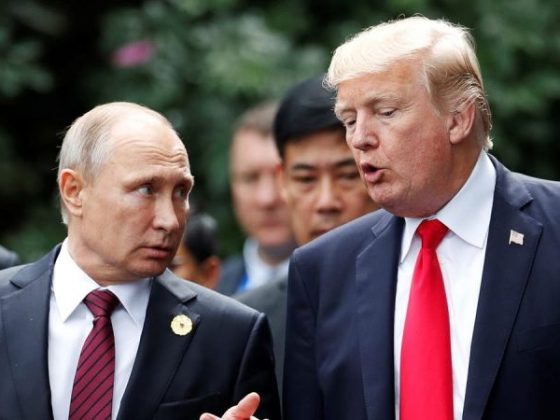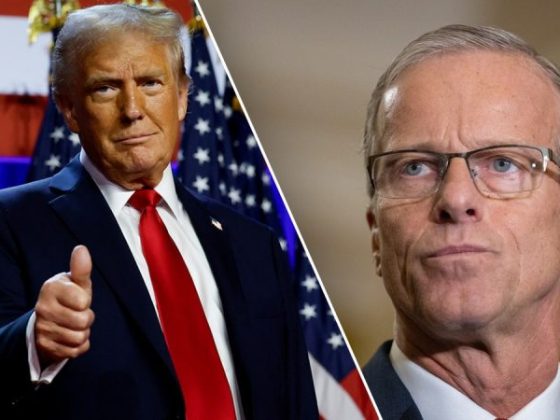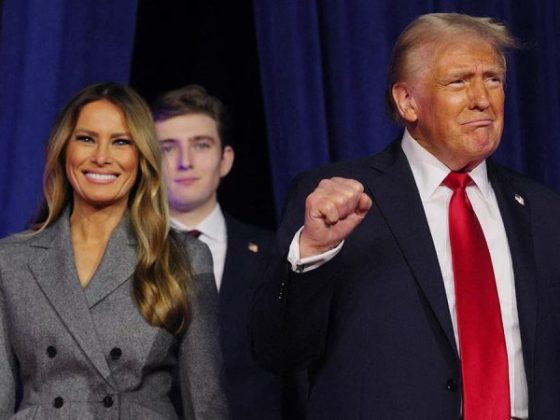The Trump administration has been one of the most buzz-worthy and controversial political entities in recent history. Among the countless narratives surrounding the administration, one particular pattern emerges that too often goes unnoticed. The appointees, under the Trump administration, largely come from families with strong histories in politics, industry, and business. The familial background gives them a common thread – they belong to established, influential, and affluent families.
To commence, it’s worth noting that many of these appointees have a long lineage in politics. For example, Betsy DeVos, the Secretary of Education, is the daughter-in-law of Richard DeVos, a co-founder of the multi-level marketing company, Amway. Her brother is Erik Prince, the founder of the private military company Blackwater USA. Similarly, Commerce Secretary Wilbur Ross is the son of a noted New York lawyer and judge, while Attorney General Jeff Sessions is the son of a general store owner.
In addition to their parents’ noteworthy professional engagements, several Trump administration picks also carry the legacy of influential spouse families. Elaine Chao, who served as Secretary of Transportation, is the wife of Senate Majority Leader Mitch McConnell. She also comes from a wealthy maritime family. Moreover, Ambassador to the UN nominee Nikki Haley is the wife of Michael Haley, an officer in the South Carolina Army National Guard.
Furthermore, examining the immediate family members of Trump’s appointees, one finds a continued prevalence of influential figures. Jared Kushner, who served as a Senior Advisor, is the son of Charles Kushner, a real estate developer, and is married to Trump’s daughter Ivanka, who herself is an influential businesswoman. Steven Mnuchin, who served as Secretary of the Treasury, is the son of a Goldman Sachs executive.
The consistent trend of appointees from influential families extends beyond politics into the sphere of industry and business. Gary Cohn, the former director of the National Economic Council, is the former president of Goldman Sachs, one of the biggest banks globally. Similarly, Former Secretary of State, Rex Tillerson, was previously the CEO of Exxon Mobil, one of the world’s leading oil companies.
Thus, it becomes apparent that the Trump administration recruited from a pool of individuals with familial ties to politics and significant business powerhouses. While this trend might be seen as having ties to nepotism, it could also be interpreted as a strategy for choosing individuals with first-hand knowledge of politics, business, and the corporate world. These appointees bring acumen from their experiences within influential families, along with a certain level of familiarity and connections that come with the territory.
Finally, it is essential to note that while there is a clear pattern of influential familial backgrounds among Trump administration picks, it does not determine the final ability and competence of these individuals in the discharge of their duties. Each appointee’s performance varies and depends a great deal on personal capabilities, character, experience, and values. Once appointed, these individuals are on their own and must face the challenges and pressures that come with holding public office. Although coming from influential families might open doors, it does not automatically guarantee success in office.
This overlooked commonality among Trump administration picks gives us a richer understanding of how individuals are selected for roles. It prompts a deeper examination of the implications, fairness, and effectiveness of such a selection process. Ultimately, it demonstrates the power of family influence in the administration and how this can shape the overall execution of power.

